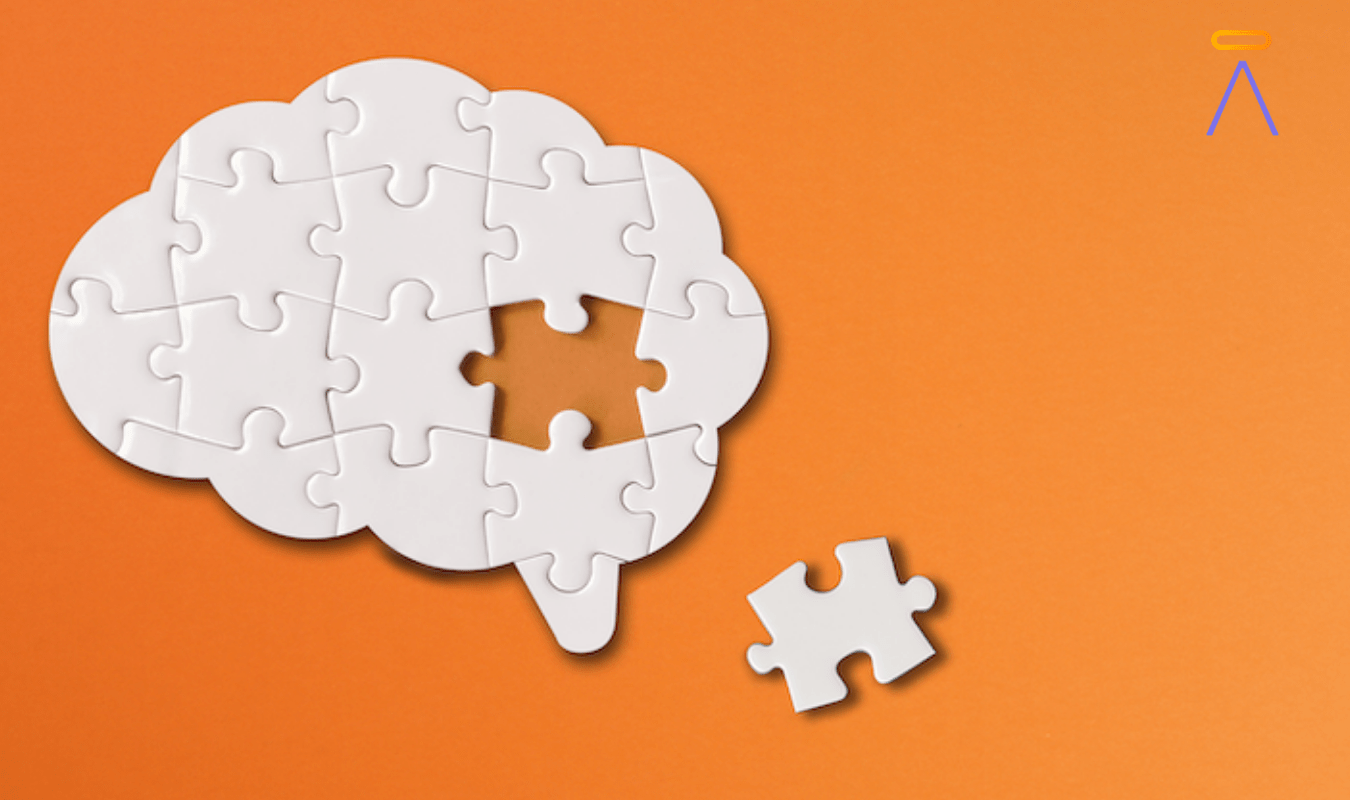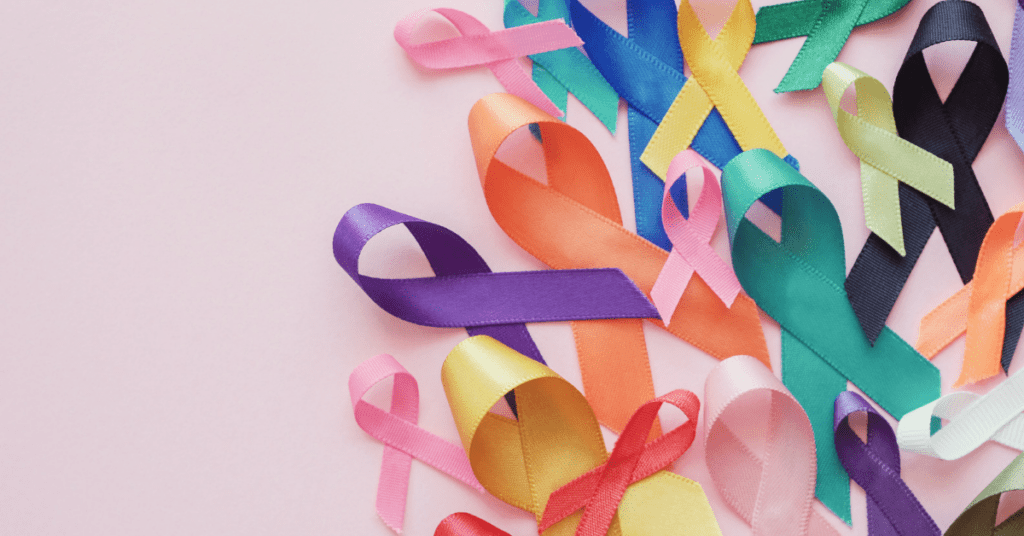When a person mentions the word “cancer”, we normally recoil in shock. The word has tremendous baggage attached to it.
People don’t want to think about cancer, let alone getting cancer insurance.
However, cancer is real, and it can happen to anyone.
Cancer affects not only a person’s body but also their mental health. Let’s understand exactly how and why this happens.
How Does Cancer Affect Your Mental Health?
The link between cancer and mental health has been studied for a long time. The research is comprehensive, and thankfully very positive. So whilst cancer does often result in a decline in mental health amongst cancer patients and survivors, the good news is that both education and utilising existing resources are helpful with lifting their moods again, and instilling a sense of hope and relief that the future can be bright.
What follows is a list of some of the common ways in which cancer patients and survivors are likely to suffer a mental health breakdown, due to a variety of circumstances and factors.
Your Moods
Cancer patients and survivors have been known to demonstrate a wide variety of mood fluctuations. Fluctuations in mood happen to everyone, but cancer can cause these fluctuations to occur rapidly and unexpectedly, which can be a shock if you’re not aware that they might take place.
These are some of the most common ways in which your mood will fluctuate and change during and after the treatment process:
Post-Traumatic Stress Disorder (PTSD)
Breastcancer.org defines PTSD as “an anxiety disorder that can be brought on by a traumatic event.” Being diagnosed with cancer, and going through treatment can cause a deep trauma to a person’s psyche. Many cancer survivors have been found to suffer long-term PTSD from their experience. If left untreated, the PTSD can slowly get out of hand, and cause untold mental and psychological distress. Seeking out a qualified psychologist and/or psychiatrist can help you get the root of the issue and an opportunity to recover.
Depression and Anxiety
Being diagnosed with depression and/or anxiety as a cancer survivor is a common occurrence and nothing to be ashamed of. Studies show that depression affects up to 20%, and anxiety 10%, of patients with cancer, compared with figures of 5% and 7% of people in the general population. A cancer diagnosis and the resultant experience can sometimes instil feelings of hopelessness and potential loss, which are frightening and nerve-wracking.
Irritability and Anger
Some cancer patients find that they have sudden and unexplained increases in rage and anger, which sometimes even leads to aggressive behaviour. Anger is a normal emotion for most of us, but when taken to the extreme, it can be disconcerting for family members.
Popular cancer treatments will often contain steroids. The steroids help make the therapy more efficient and help the patient to manage certain side effects. However, an unfortunate side effect of the steroids is a potential increase in aggressive mood swings, sometimes referred to as “roid rage”.
Your Body Image
Cancer affects the mind and the body equally. Whilst bodily changes and their intensity vary from patient to patient, there are some common changes to look out for as a patient, and as a survivor, so you can be prepared for them if and when they happen.
Weight Loss or Weight Gain
Cancer patients are often expected to go through either a period of intense weight loss or weight gain. Whilst losing weight is more common amongst cancer patients, the long-term effects of such rapid weight change can negatively affect the patient’s mental health, and lead to increased anxiety and/or depression. These feelings are normal in the circumstances, and the good news is that once the cancer treatment is finished, your weight will most likely return to a normal shape and size within a few months.
Thinning of or Complete Loss of Hair
During chemotherapy, and other cancer treatments, such as targeted therapy, radiation therapy, or a stem cell transplant, cancer patients will often experience a side effect of losing part or all of their hair. The good news is that the loss or thinning of your hair is most likely going to be temporary, because your hair should return to it’s normal length within a few months of successfully completing your cancer treatment. So whilst you may lose confidence in yourself during the period of hair loss, you can be comforted and know that after a successful treatment, it should return to normal.
Your Relationships
Navigating relationships can be sensitive and challenging at the best of times. It’s best to know how a cancer diagnosis is likely going to affect your relationships, so that you can be prepared.
Change in Family Roles
If you’re a parent who is going through cancer treatment, or has recently gone through treatment, you might find that the structure of your family dynamics will shift over time. This is a common occurrence, and nothing to worry about. During or after treatment, you might find yourself feeling lethargic or apathetic, and this means that your family needs to step up and split up the roles and responsibilities that you previously occupied and fulfilled. The best way to manage these changes is to sit down as a family and communicate a plan forward, so that each family member feels heard and acknowledged.
Sexual Desire and Response
Cancer can negatively affect sexual desire, both amongst patients and survivors. There are a variety of reasons for this, but some of the more common ones include:
- Pain during sex as a result of the cancer treatment,
- Less energy and therefore less desire to engage in sexual intercourse,
- Surgery that causes erectile dysfunction, such as bladder and prostate surgery.
The good news is that there are ways to recover sexual intimacy with your partner, such as:
- Seeing a sex therapist,
- Finding alternative ways of giving and receiving sexual pleasure,
- Speaking to your GP and/or psychiatrist to find out about the range of medications that can assist in this area.
Your Finances
The Cost of Treatment
Finding the correct treatment for your cancer can be a hugely costly exercise, which often includes the cost of the medicine, diagnosis, radiation, chemotherapy, imaging, pathology and surgery.
The Independent Clinical Oncology Network in South Africa estimates that, depending on the type of cancer, treatment locally can cost anything between R10 000 and R1 million per patient, per year.
Cancer insurance benefits are designed to ease the impact that cancer has on your lifestyle, physical, financial and mental state. There would typically be a cash payout in the event of a cancer diagnosis as well as access to additional services and support. This cover is there to help from diagnosis to remission, removing the financial concerns and allowing the patient to focus entirely on their recovery.
Inability to Work and Earn an Income
Because cancer patients often find themselves feeling extremely fatigued and unable to function at their normal capacity, they are therefore often not able to keep their job. This results in a loss of income, which has major repercussions for the family.
The payout from a cancer insurance policy can assist with this loss of income,which takes the financial pressure off your partner and/or family, and allows you to keep your hard-earned savings for when they’re needed most.
Where to Get Mental Health Treatment for Cancer Survivors in South Africa
Cancer can feel tremendously scary and overwhelming. We are so lucky that in South Africa, there are plenty of resources available to assist cancer patients, survivors and their families to navigate the effects of cancer, and find means and mechanisms to improve their mental health.
How Can Aynjil Assist?
Counselling
We offer counselling provided by the top clinical specialists in South Africa working with cancer patients to help you overcome the medical and psychological effects of cancer.
Qualified Au-Pair
Being a parent, and recovering from cancer is a difficult task to manage. We offer access to qualified au-pairs to ease your family responsibilities.
Immersive Distraction Therapy
We offer a virtual reality headset and content for immersive distraction therapy. It has been shown that using VR to draw attention away from a patients’ thoughts helps decrease the amount of pain experienced by the patient.
24/7 Support
We are there for you every step of the journey, even once your cancer has been cured, because we know that long-term support is key to a full body and mind recovery.
The Cancer Association of South Africa (CANSA)
Support for Children, Youth & Families
CANSA has a programme called “Tough Living with Cancer (TLC)”. This is a wonderful programme that aims to raise awareness of how cancer affects children and babies, and most importantly, how to detect cancer amongst children at such a young age.
It also provides a loving support structure for both the young cancer patients and their families, to help them navigate such a difficult period – before, during and after the treatment.
Support Groups
CANSA offers both patients, survivors and their extended families an opportunity to come together and find support within a community of like-minded individuals. Support groups are a tremendously powerful psychological tool, because they take a person out of the state of loneliness and despair, and show them that other people are going through similar circumstances. People in support groups find comfort in each other’s experiences, and find that their mental health improves as a result of the love and care that underpin all support groups.
Find out how Aynjil meets the needs of cancer patients and survivors with easily accessible and affordable cancer insurance.



